
by bartmann | Apr 4, 2024
In this course Professor David Soren presents four of his most significant accomplishments from his fifty-year career in archaeology (Oxford University has cited his work as among the fifty greatest archaeological discoveries of all time). First, he will discuss his...
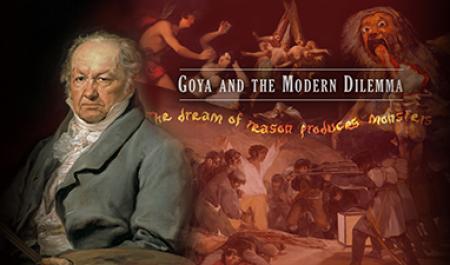
by bartmann | Apr 4, 2024
Francisco de Goya y Lucientes has undoubtedly profoundly influenced the techniques, form, and meaning of modern art. From his innovations that revolutionized making etchings to the form and content of his historical and allegorical painting, Goya’s influence on...

by bartmann | Apr 4, 2024
Sherlock Holmes never actually said “Elementary, my dear Watson!” There have been more than 60 Holmes films, including one in which he is portrayed by a mouse, one by a dog, and at least one as a woman. Arthur Conan Doyle, the original author, was a medical doctor, a...

by bartmann | Apr 4, 2024
What were the key technologies and major technical achievements of classical Greek antiquity? This course examines two crucial and interconnected industries: ceramics and bronze-working. The two crafts are often discussed separately, but in this course we will focus...
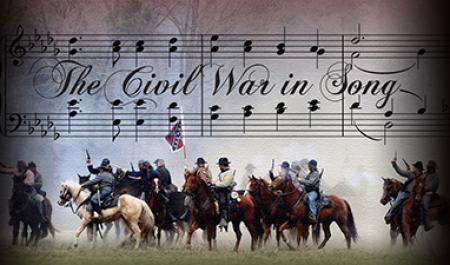
by bartmann | Apr 4, 2024
The Civil War was not only pivotal moment in American history, it was a key moment in the development of American music. Even as the war was ripping the country in half, the military was bringing together soldiers from differing ethnic and musical backgrounds. The...
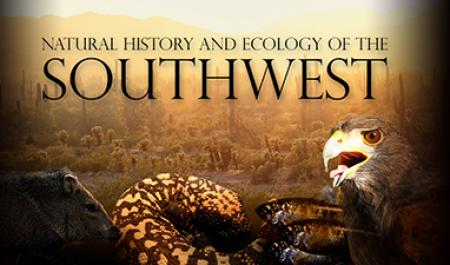
by bartmann | Apr 4, 2024
While many people living in Tucson and its surroundings are experienced outdoor aficionados, many lack an understanding of our near neighbors–those plants and animals that live close to us in our urban environment. Certainly we can choose to ignore the flora and...

by bartmann | Apr 4, 2024
U.S. intervention in underdeveloped countries raises many basic issues of international relations and foreign policy. The main purpose of this class is to provide students with an ability to examine such issues critically and in a historical context. Among the general...

by bartmann | Apr 4, 2024
The human brain, guiding our every thought and action, is as complex as anything we know. Its almost unimaginable complexity arises from minute interconnections between tens of billions of nerve cells. If we could map every connection among the cells, we still would...

by bartmann | Apr 4, 2024
Superman, Wonder Woman, Spiderman, Batman, Captain America, Green Lantern, Iron Man, Black Widow–the list of America’s superheroes is long. Comic books, TV, and cinema have long built up the appeal of superheroes, and they remain popular. Embodiments of cultural...
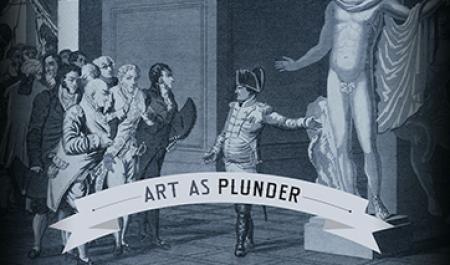
by bartmann | Apr 4, 2024
Art has often been plundered or stolen during times of war, occupation, or even peace. This course explores the historical, political, and legal framework of specific moments when art has been taken. The class focuses on how art has been used for propagandistic...
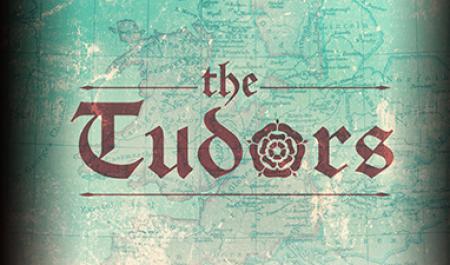
by bartmann | Apr 4, 2024
Why study the Tudors? This dynasty has a special place in English history because it presided over the transition from medieval to modern (or so most historians, but not all, argue). In addition, the major figures, especially Henry VIII and Elizabeth I, have long...
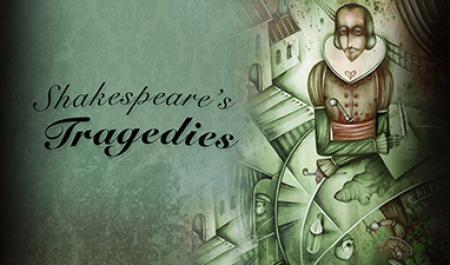
by bartmann | Apr 4, 2024
This course encompasses Romeo and Juliet, Julius Caesar, Hamlet, Othello, Macbeth, Antony and Cleopatra, Coriolanus, and King Lear. While addressing ourselves to such matters as language and theatricality, we shall approach plays primarily from the perspectives of...
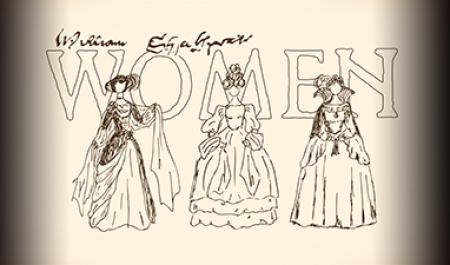
by bartmann | Apr 4, 2024
Many of Shakespeare’s most powerful, intelligent, and subversive characters are female. How were such vividly complex roles constructed in a culture that legally defined women as property on the grounds of their intellectual and moral inferiority? Given the early...
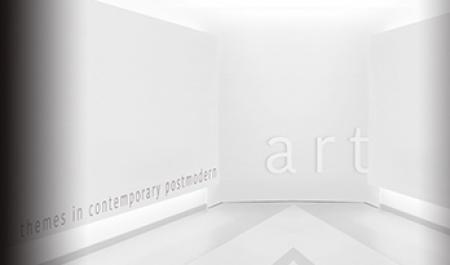
by bartmann | Apr 4, 2024
This five-week course examines concepts that have become increasingly relevant to contemporary artists working in a variety of media over the past 50 years. It concentrates on more recent art, understood against the backdrop of modern art movements. In this class we...
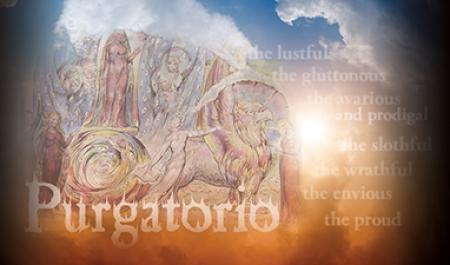
by bartmann | Apr 4, 2024
Dante’s Purgatorio, as is well known, is not a standalone text; it is simply the second part of The Divine Comedy. In this course we will deal with Dante’s views on redemption and salvation as represented in his Purgatorio. Our focus will be the nature of sin: How it...
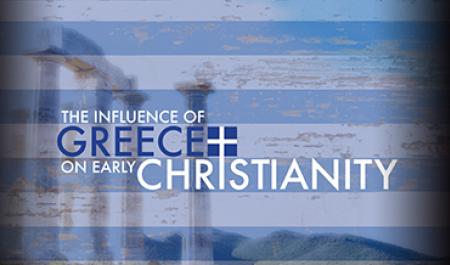
by bartmann | Apr 4, 2024
What was the relationship of ancient Greek culture to early Christianity? This seminar will open with two topics of significance in the early development of Christianity: the image (or icon) and the Jesus story itself. The course will also include lectures on the...
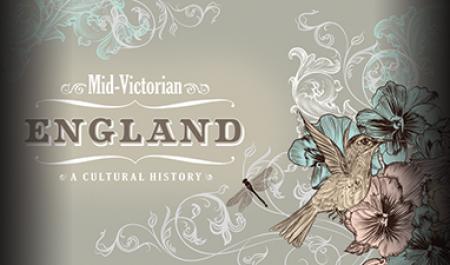
by bartmann | Apr 4, 2024
How can we best know the past, and how much can we really know of it? This interdisciplinary course will seek answers to these questions in relation to mid-Victorian England. We will read primary material published around 1859, providing a “snapshot” of a particularly...
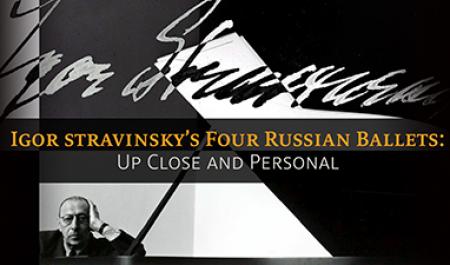
by bartmann | Apr 4, 2024
This course explores the background and the groundbreaking stylistic features of Stravinsky’s most famous works: Firebird, Petrushka, The Rite of Spring, and Les Noces. Considered the epitome of early 20th-century composition, these works defined musical syntax for...
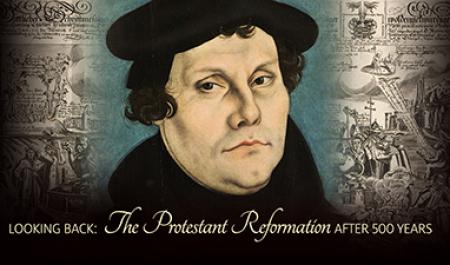
by bartmann | Apr 4, 2024
This course surveys the Reformation. Beginning with Europe at the end of the fifteenth century, we discuss why Martin Luther broke with the late-medieval Roman Catholic Church, and explore traditional and novel theologies and ecclesiastical practices. We touch on...
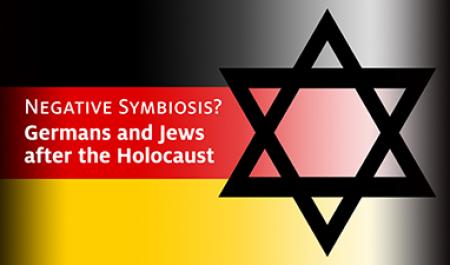
by bartmann | Apr 4, 2024
This course explores works from the postwar era by Jewish and German authors–both writings and films–from East and West Germany and Austria. In these works we will see differences among the three successor states to the Nazis, including the ways people...





















